It is a very important question that we all Goans need to ask ourselves. Although there is no doubt that a lot of trouble do cause by the domestic tourists compared the foreigners coming to Goa but, then domestic tourists also have their own categories and some of them are from very well to do background and they hardly cause any nuisance in the state compared to some of the cheap budget tourists visiting Goa. Hence blaming all the Indian tourists becomes very unfair, do you agree?
Goa has been apportioning the cause of the mess, it finds itself in, to the large surge of India tourists visiting, living and working in the State. But with its slack policies and legislation, the pertinent question is whether these outsiders are solely to blame for the mess in Goa. Goa has to stop playing the victim card and start becoming accountable to address these issues.
Outraged at the behaviour of a certain section of Indian tourists who visit Goa, according to the Times of India, Deputy Chief Minister, Vijai Sardessai had referred to them as ‘the scum of the earth’. In another statement that mirrors this resentment, earlier this year, Deputy Chief Minister Manohar (Babu) Azgaonkar referred to outsiders seeking to grab Goan jobs as ‘ghattis’. Instances of the name and blame game in the past have been frequent. The question then arises is – are these outsiders solely to blame for the mess Goa finds itself in?

Addressing this issue, an article in the Business Standard says perhaps not. Goa, after all, has to be accountable to some extent and cannot be constantly playing the victim card.
Goa grapples to handle the large influx of tourists to its State every year and according to statistics, 35% of the population living in Goa is migrants. While some are just visitors, others want to buy second homes and yet others settle here for jobs. Everyone is looking for a piece of the veritable ‘susegad’ Goan pie. Goans, on the other hand, are migrating out of the State and country in search of better prospects.
In such a scenario, properties are being sold off, or old homes are being converted into rental premises and en-cashing on the huge glut builders are converting large tracts of land into commercial and residential establishments. Records according to an economic survey in 2017-18 reflect a double-digit surge in construction activity alone as compared to other years. Yet, even so, one of out every five houses in Goa remains unoccupied, as most people buy these for investment or holiday homes.

A hippie haven in the 1960s and70s, Goa’s slow development took a spurt with the 1983 Commonwealth Heads of Government Meeting (CHOGM) in the State. Its Statehood baptism and the following liberalization, as well as regulatory and legal changes, allowed for easy credits and investments. Tourism infrastructures received a boost and with the development of roads, inaccessible areas of Goa were eyed by developers. And the arrival of the Konkan Railways invariably brought migrants from all over India to Goa, making inroads into the tourism, construction, manufacturing and mining sectors. Although the government continually pitches for jobs for Goans and plans to tax unoccupied houses owned by these outsiders, it remains a plan on paper only.
To attract a more diverse and qualitative segment of tourists, the tourism department has been hot selling Goa’s religious history, culture, cuisine, adventure sports, landscapes and beaches. It is also promoting Goa as a MICE (meetings, incentives, conventions and exhibitions) destination, nightlife, Spa, medical and wedding destination.
But the droves of the pleasure-seeking tourists continue in the face of alcohol being cheaply available here. Rampant prostitution, disguised in ayurvedic massages and tattoo parlors is another cause. Can these tourists really be blamed for consumption and misbehaving when law permitting the sale of liquor is so lax, more so in the face of tourism Minister Babu Azgaonkar claiming that alcohol is part of Goan culture? Goa’s historical promotion of ‘sun, sand and beach’ has, and is, showing it in poor light, attracting the ‘wrong’ kind of tourists.

According to this source, it comes as no surprise that Goa is misconstrued as a place where ’anything goes’ with no fear of discipline or punishment. According to a 2012 CAG report, any civic sense on the part of the tourist is watered down in the face of lack of tourist-centric policing.
The fear of Goa losing its Goaness or ‘Goenkarponn’ due to the influx of people from other states is very real. Seeking a more up-market quality of tourists or settlers may reek of racism and elitism, but to correct the graph, Goans and the authorities need to wake up and take necessary steps, especially in terms of sound legislation.
Goa opened her arms to the world, but in turn, she allowed them to destroy her environment and unhinge her socio-cultural structure. The solution lies not in Goa playing the victim, abdicating all responsibility, but in acknowledging and accepting the problem as hers and acting thereon
Source: Business Standard | Times of India




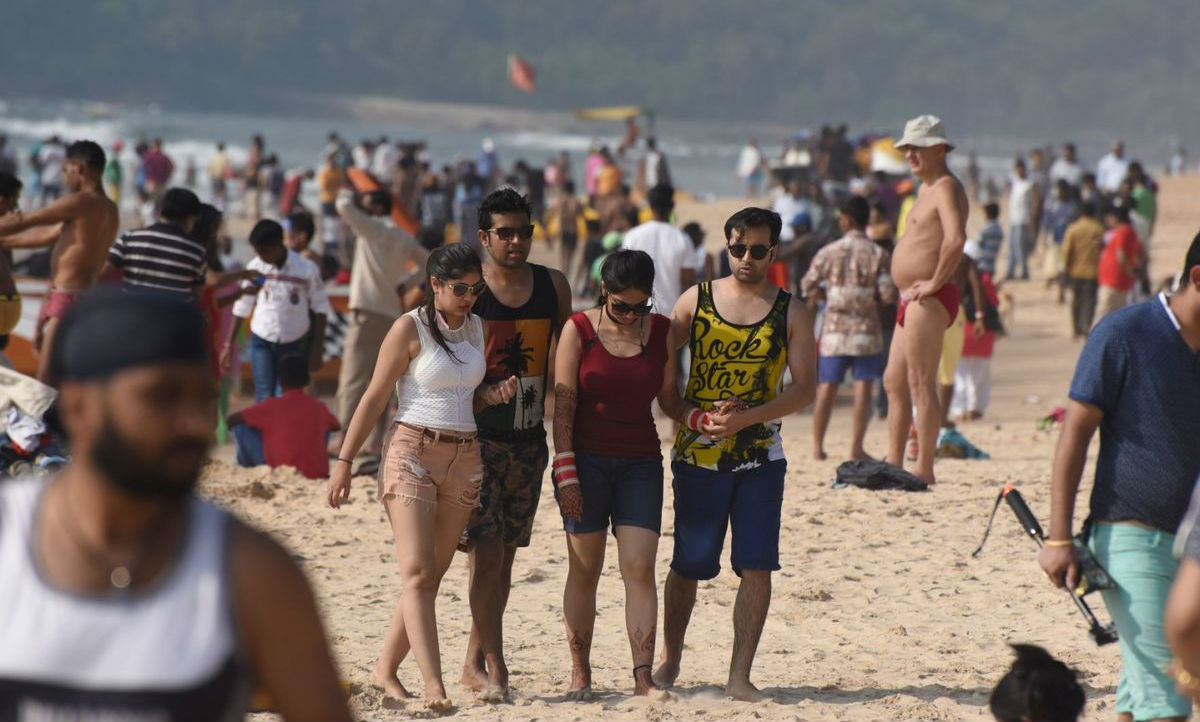


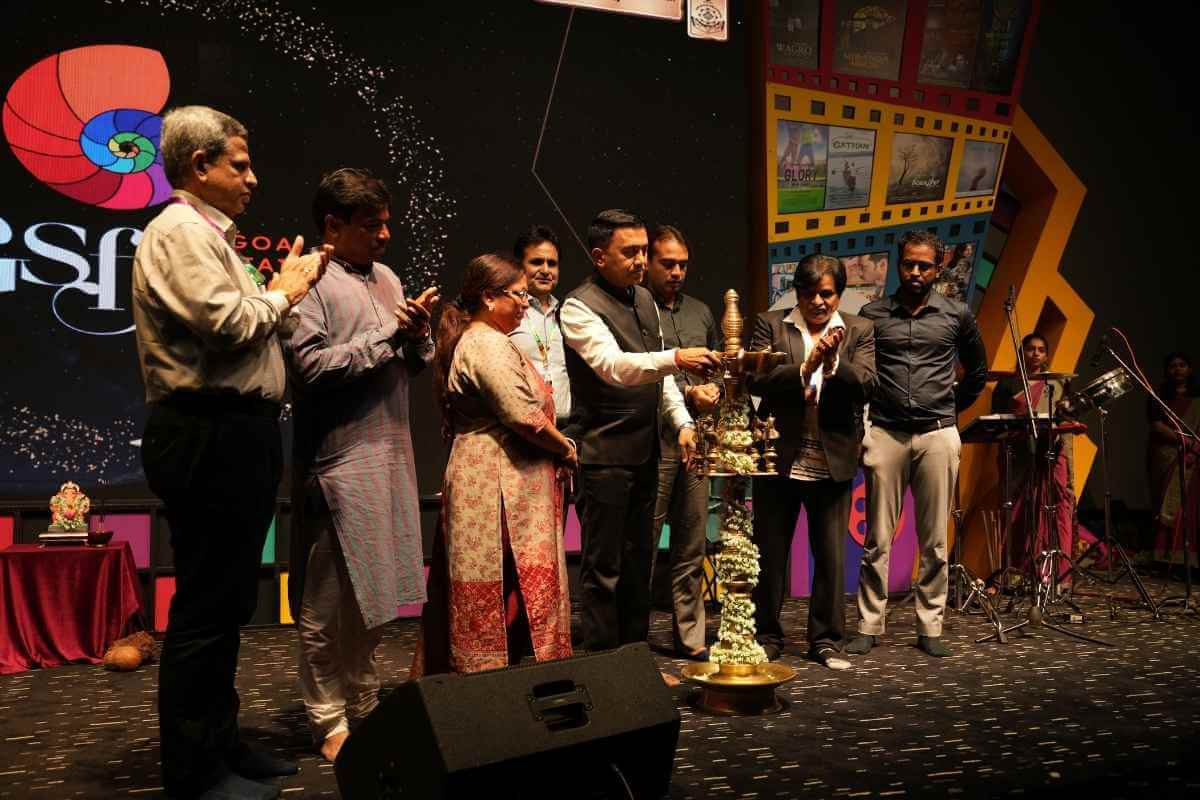


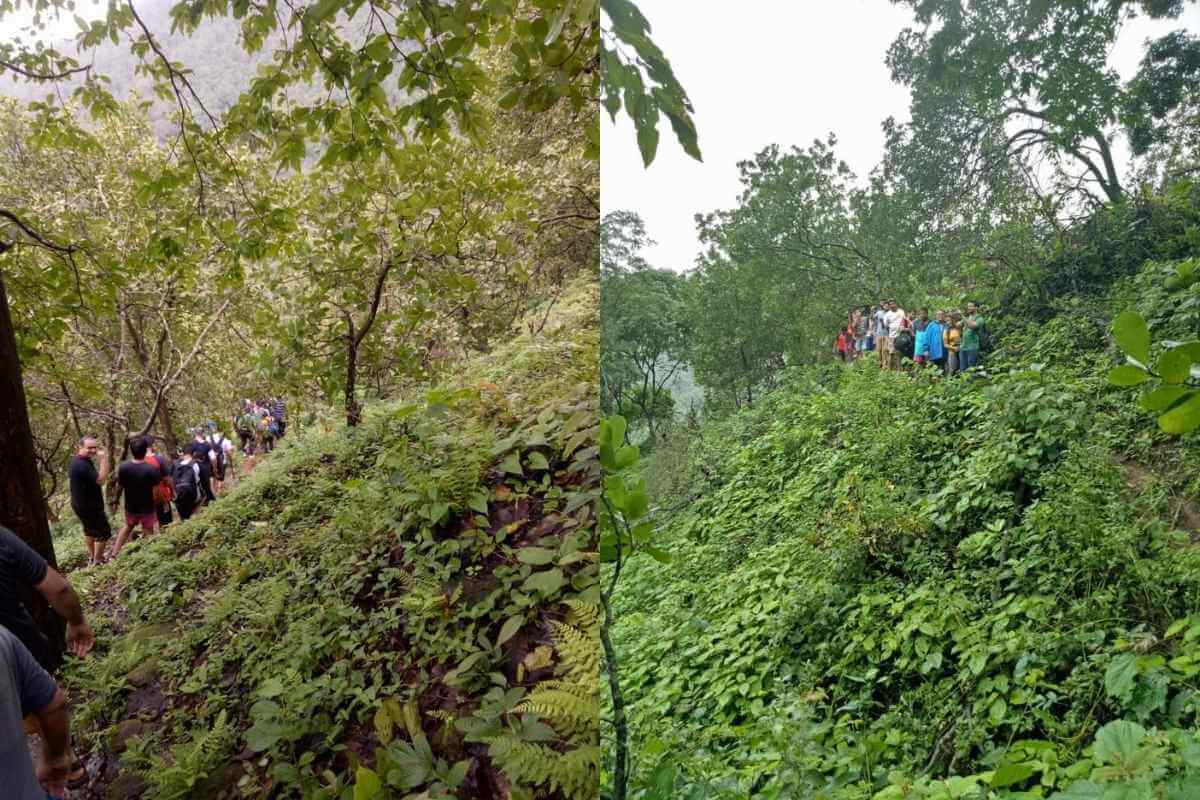







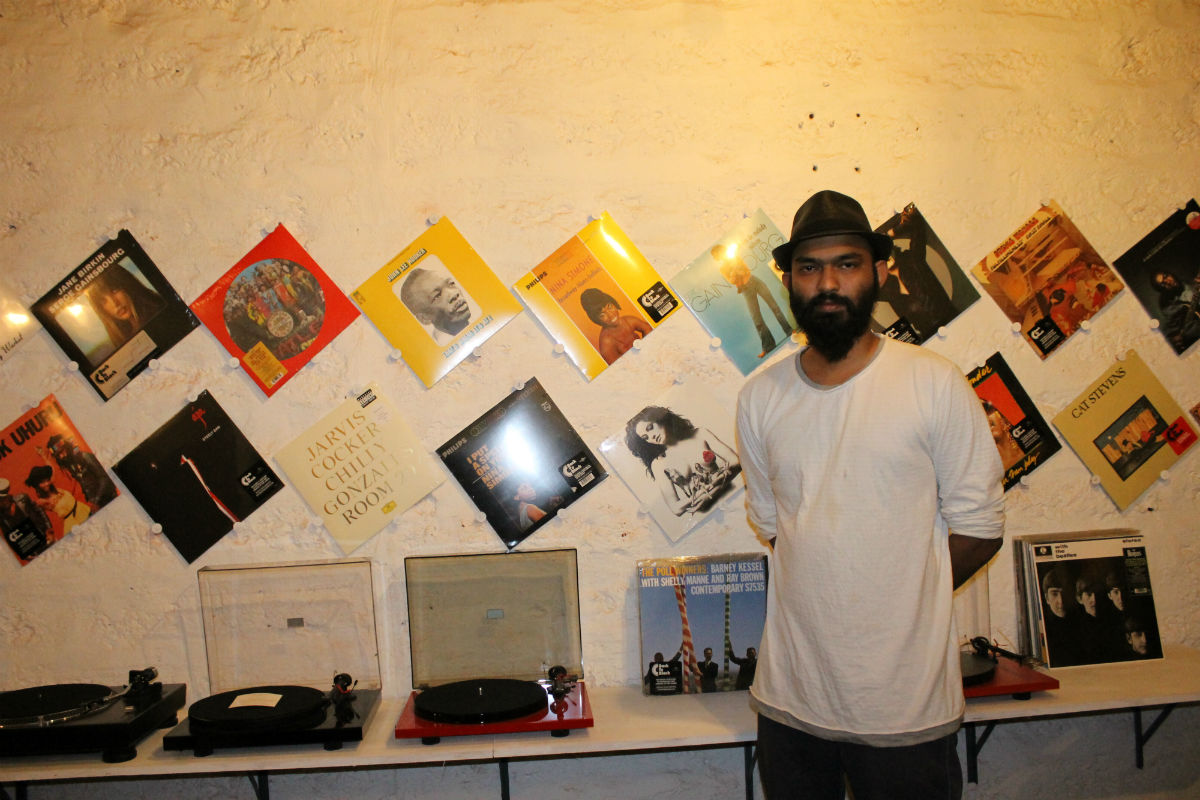

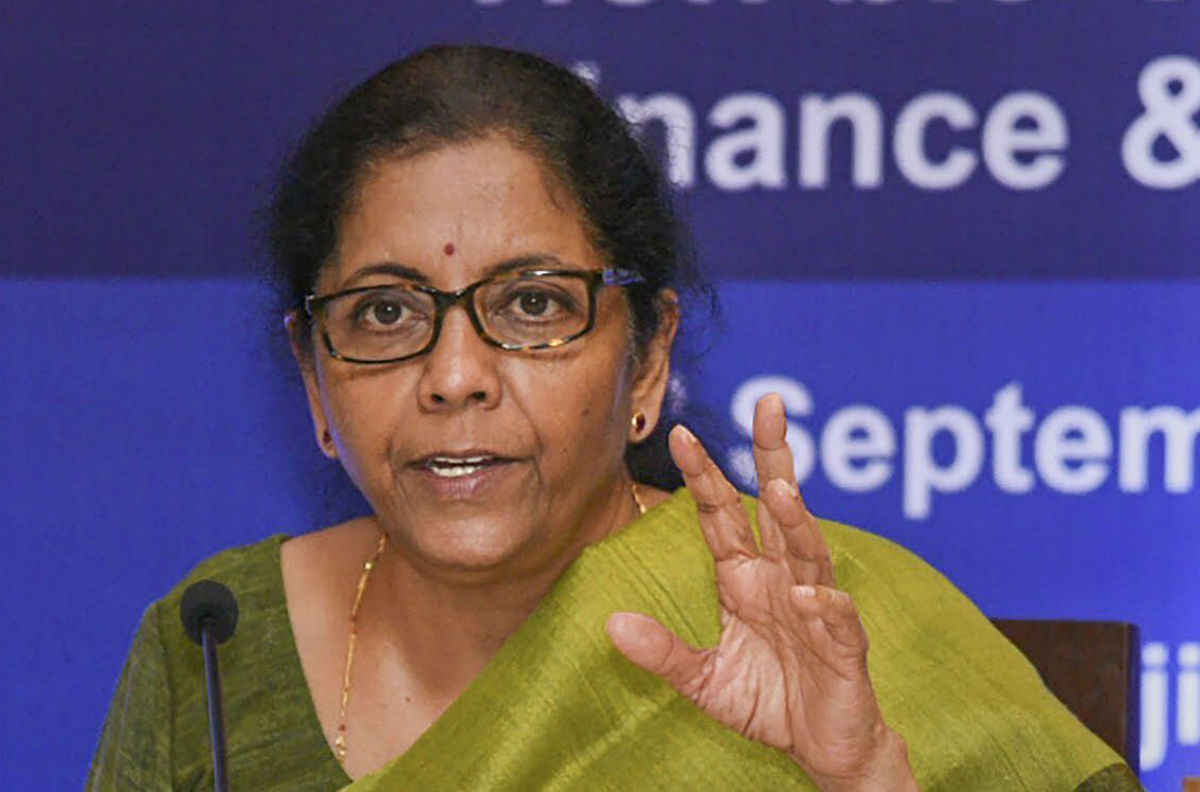



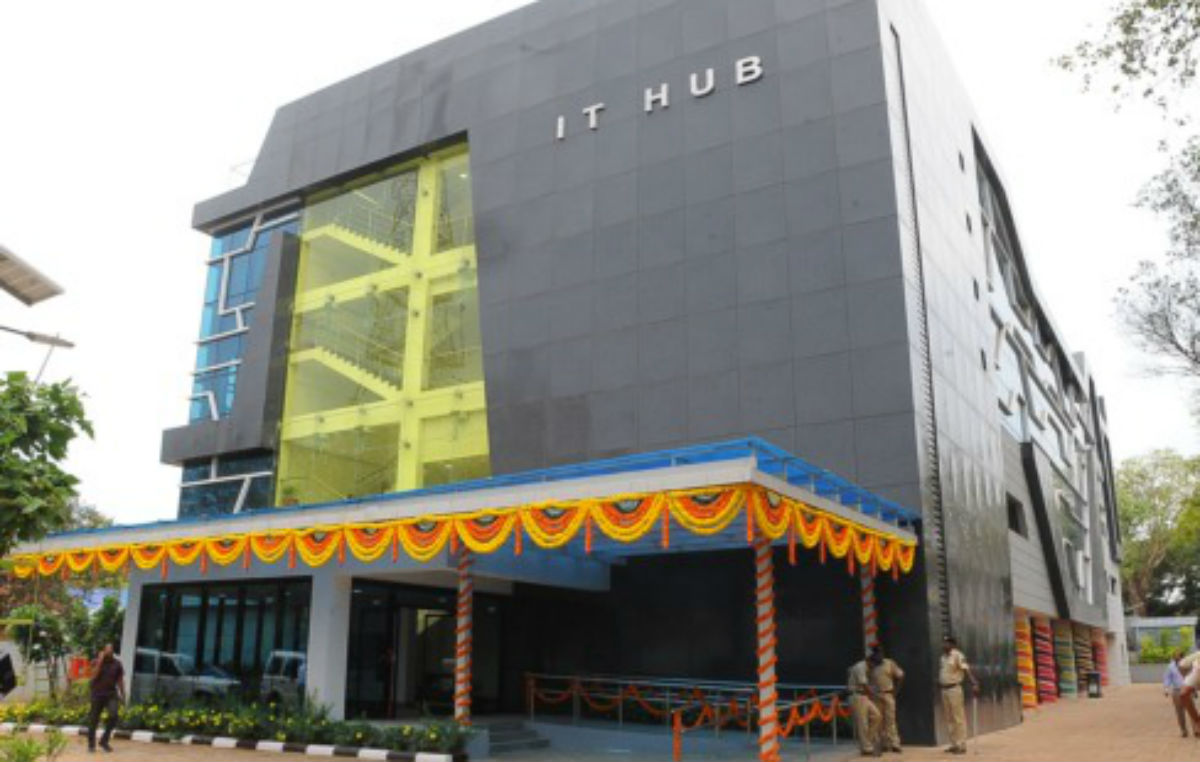


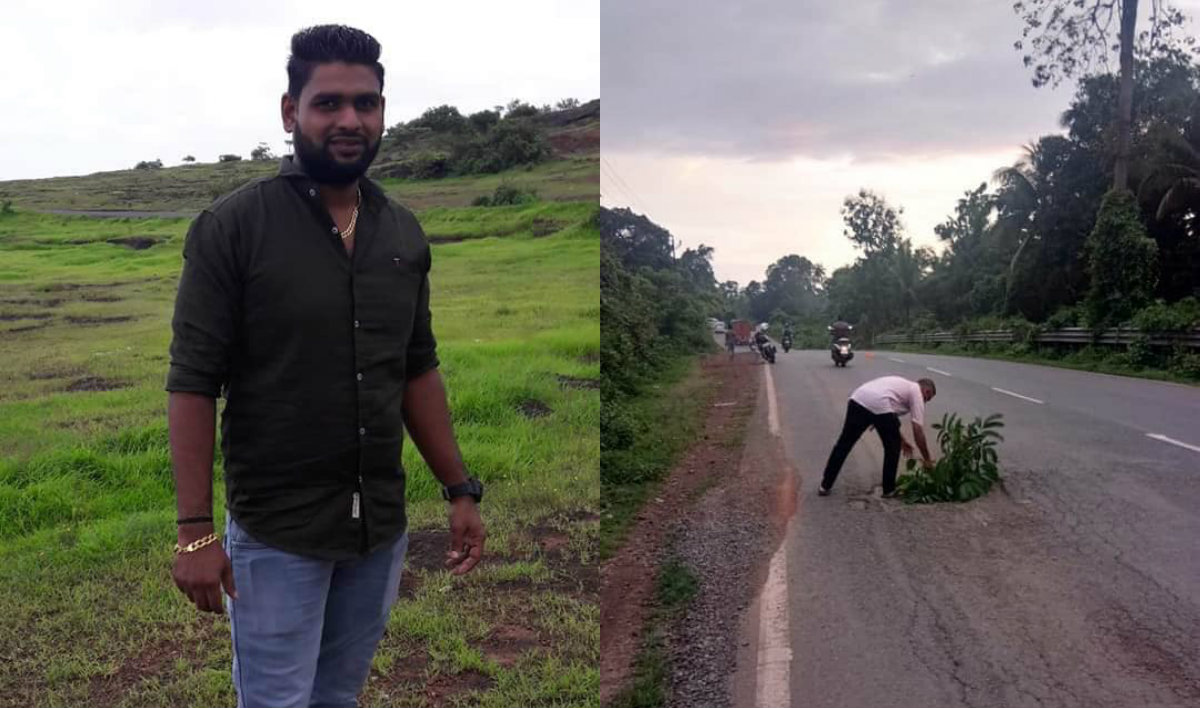
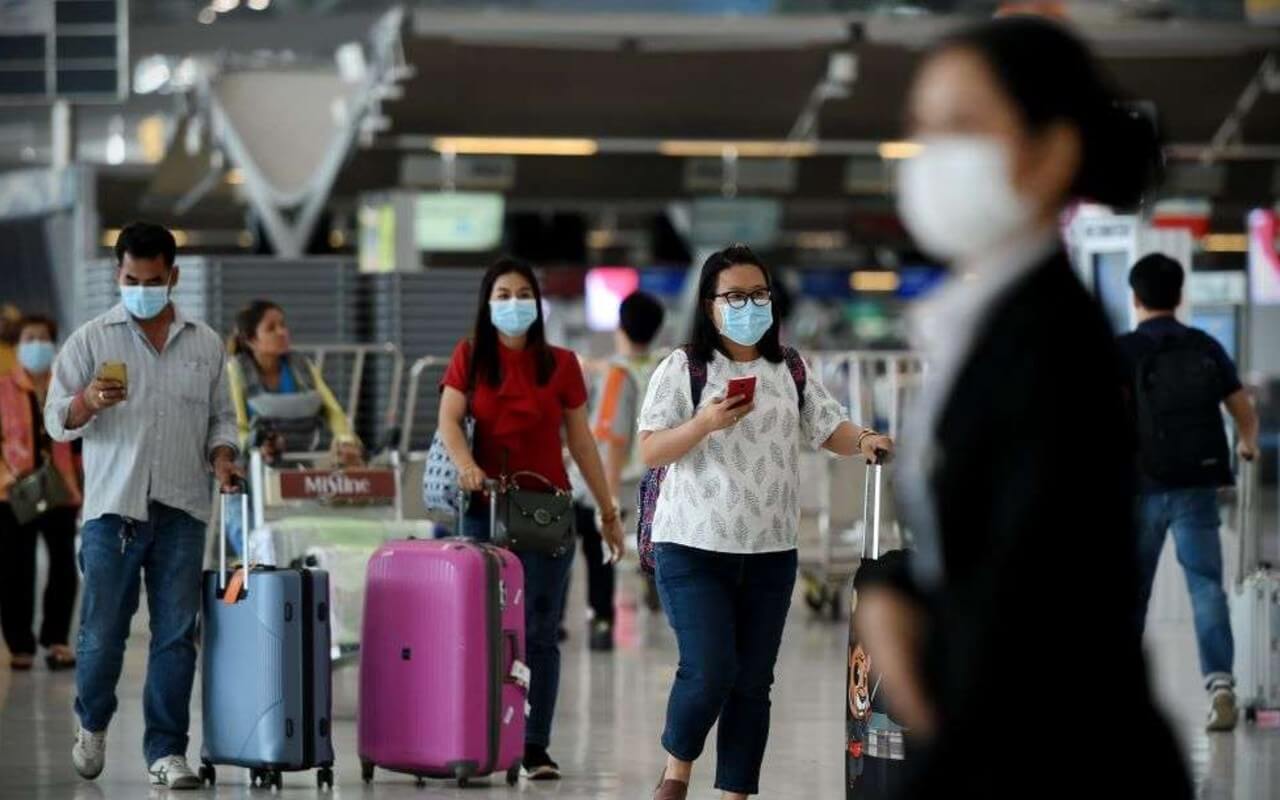
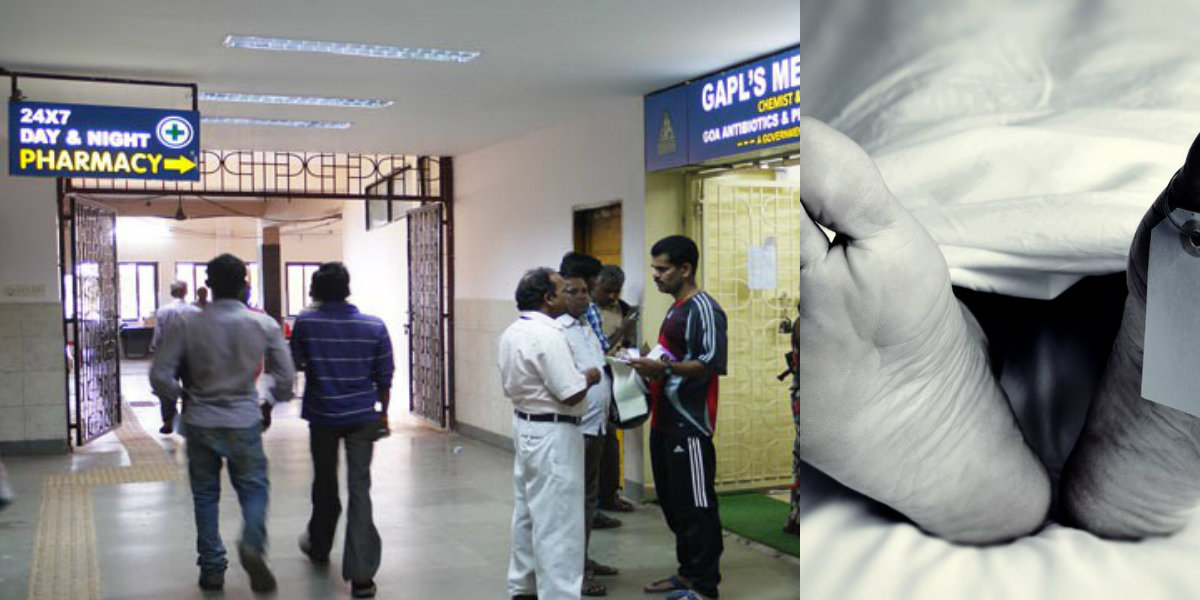

1 thought on “Can Indian Tourists alone be blamed for all the troubles in Goa?”
A BIG YES!
BTW WHO IS THE author OF THIS ARTICLE?